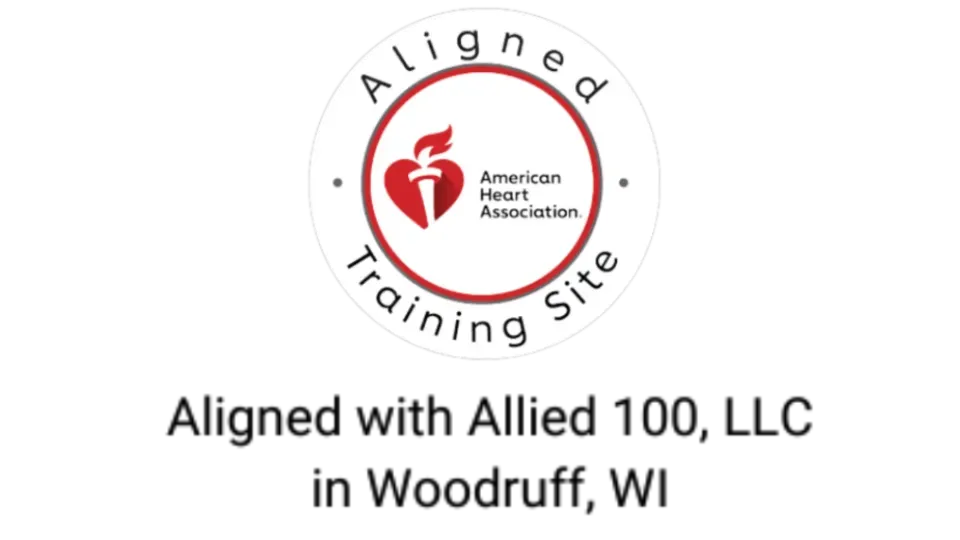Questions? Chat with us or call 833-699-2378
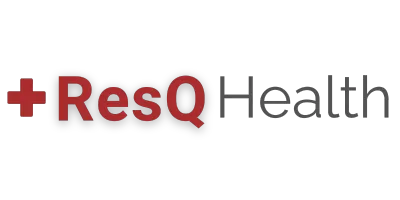

PALS Certification
Same Day Certification
AHA Authorized
PALS Online + Skills Blending Learning
PALS Skills Check Only
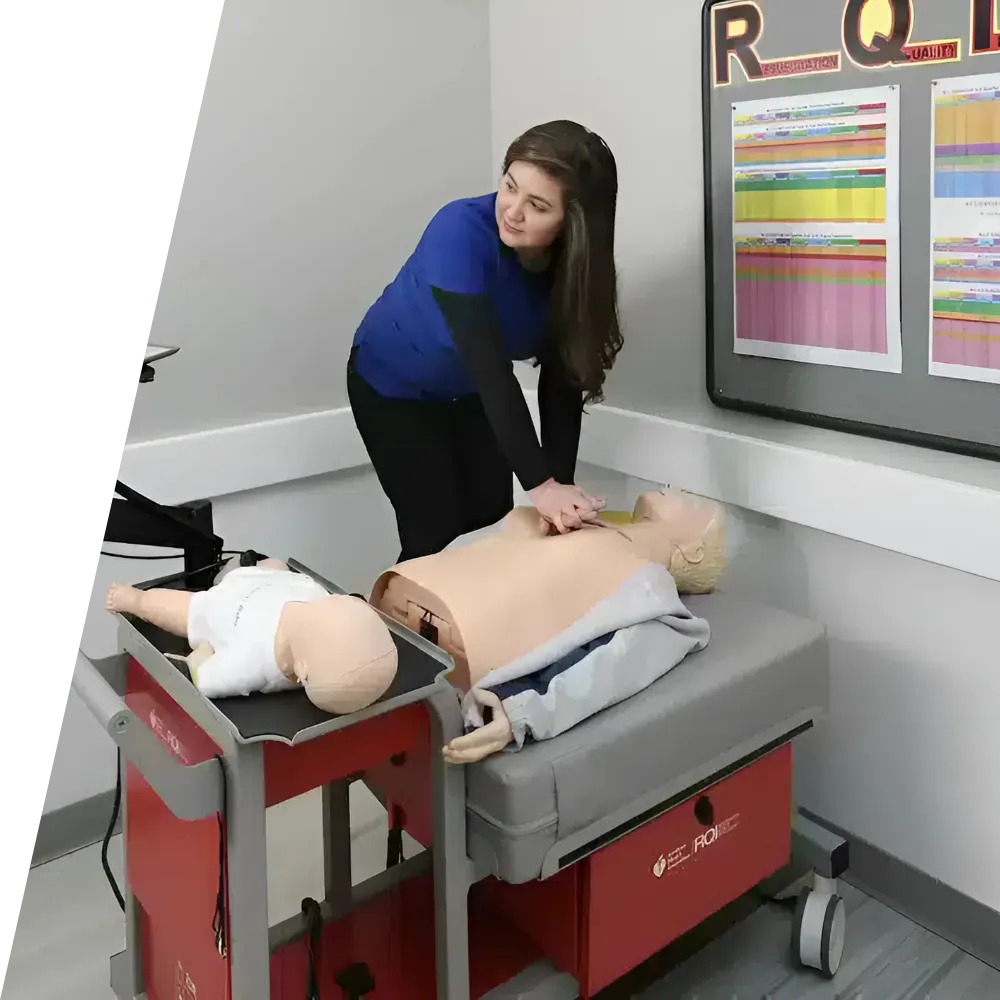
Lowest Prices – No Fail Guarantee – Classes Daily
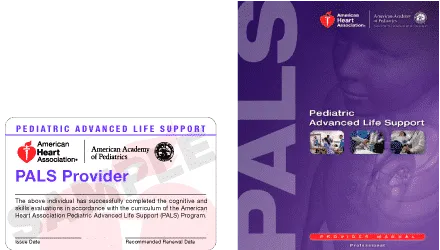
American Heart Association© PALS
Enroll in our blended AHA PALS certification course and take the first step toward becoming a certified pediatric life-saver.
Complete your certification with the in-person AHA PALS skills check after finishing the HeartCode® PALS Online Course.
Who Should Get PALS Certification
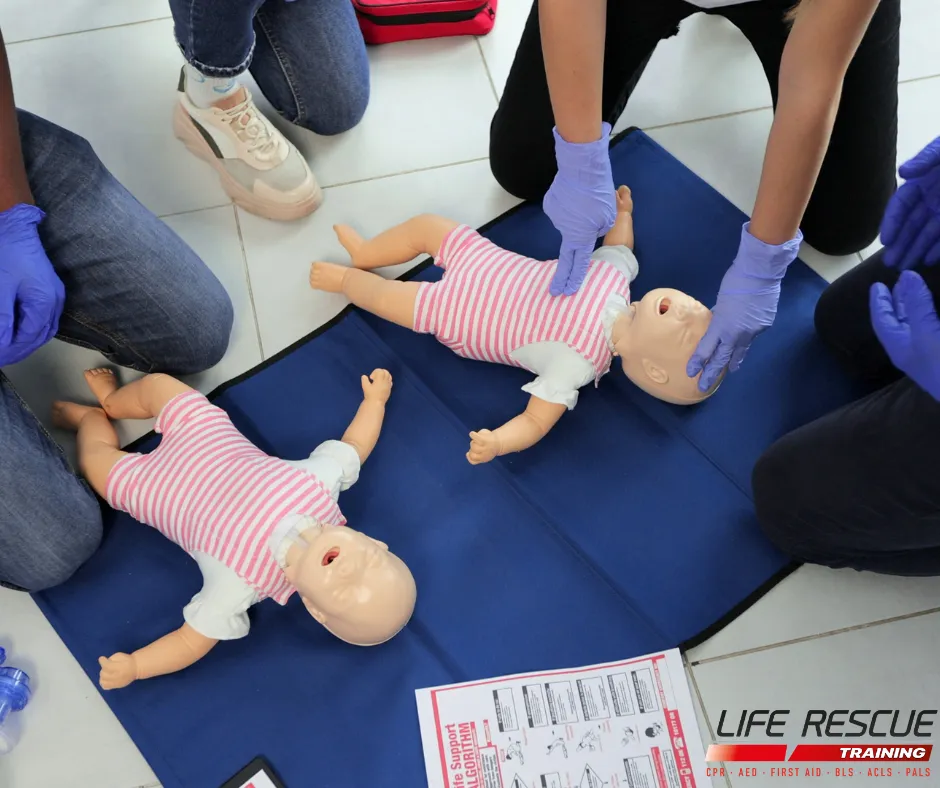
PALS certification is essential for healthcare providers involved in the critical care of infants and children. This includes professionals working in pediatric intensive care units (PICUs), emergency departments, and other settings where pediatric patients may need urgent medical attention. These roles include:
Physicians
Nurses
Paramedics
Pediatricians
Pediatric critical care specialists
Pediatric surgeons
Emergency room physicians
Pediatric dentists
Our PALS Blended Learning Course Format
Online Learning
Interactive Online Modules: Comprehensive lessons covering critical aspects of pediatric emergency care.
Core Topics: Learn to manage pediatric cardiac arrest, provide respiratory support, and perform thorough pediatric patient assessments.
Flexible Self-Paced Format: Complete the online portion on your own schedule, accommodating busy professional lives.
Engaging Learning Resources: Benefit from dynamic content like videos, realistic simulations, detailed illustrations, and interactive activities to reinforce your understanding.
Hand on Skills Sessions
Hands-On Practice Sessions: Conducted by experienced instructors at our local facility.
Application of PALS Algorithms: Focus on key skills like pediatric assessment, airway management, and identifying cardiac rhythms.
Skill Enhancement and Confidence Building: Gain practical experience to handle real-life pediatric emergencies with greater confidence and precision.
AHA PALS Certification
Earn an AHA Certification: Upon successfully completing the online modules and in-person skills training, you will receive an official PALS certification from the American Heart Association.
Two-Year Validity: Your certification will remain valid for two years, ensuring you are recognized for your expertise in pediatric emergency care.
What will you learn from our PALS Course?
Our PALS course provides in-depth training in essential skills and knowledge for managing pediatric emergencies involving infants and children. Here’s what you’ll learn:
Pediatric Patient Assessment: Techniques to evaluate and identify critical conditions in infants and children.
Recognizing Emergency Signs: Spot warning signs of life-threatening pediatric emergencies.
PALS Cardiac Arrest Algorithms: Apply structured approaches to handle cardiac emergencies.
CPR and Defibrillation: Perform age-appropriate CPR and use defibrillators for pediatric patients.
Respiratory Emergency Management: Address respiratory distress and failure with confidence.
Oxygen Therapy and Ventilation Support: Ensure proper oxygenation and ventilation in emergencies.
Airway Management and ECG Monitoring: Maintain airways and monitor cardiac activity effectively.
Pediatric Medication Administration: Safely administer medications, including proper dosages.
Team Communication and Post-Resuscitation Care: Work efficiently with your team and provide care after resuscitation.
Interested in PALS Training?
Cities We Serve Near Us
Concord
Manchester
Nashua
Keene
Lebanon
Hanover
Claremont
Laconia
Dover
Portsmouth
Rochester
Salem
Londonderry
Derry
Bedford
Merrimack
Hudson
Goffstown
Hooksett
Exeter
Durham
Milford
Amherst
Plymouth
Franklin
Fast and Convenient
PALS Certification Course
Nationally Accepted



PALS
CERTIFICATION
Take PALS course
Hands-On Latest Facility
$295

